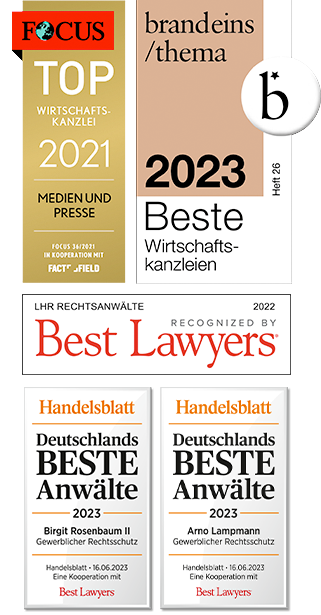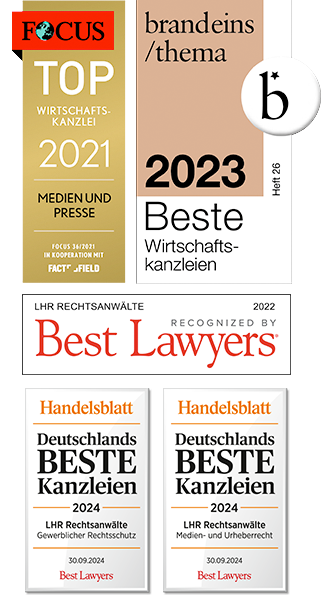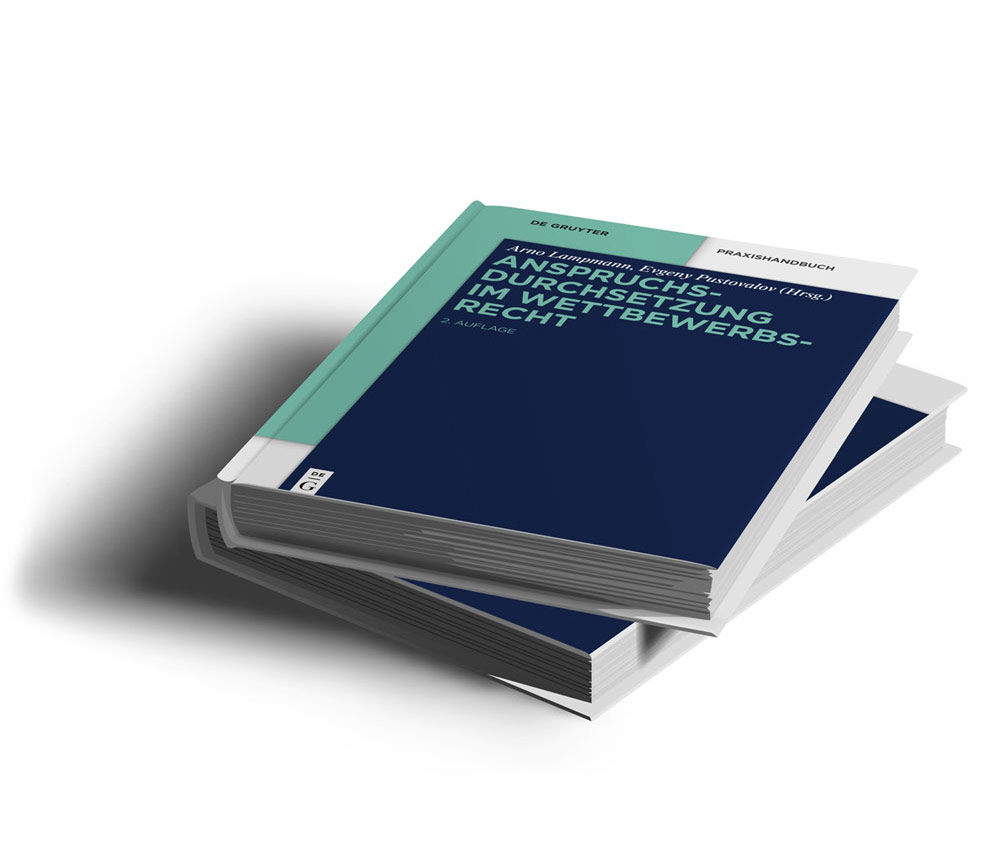Cologne Higher Regional Court: International jurisdiction generally also establishes local jurisdiction

In a recent decision, the Higher Regional Court of Cologne made it clear in a short and sweet manner that the international jurisdiction of German courts in cases of legal infringements on the Internet generally also leads to the local jurisdiction of all German courts.
What sounds obvious has not been practiced by many regional courts to date.
In an article from September 2018, we reported on the difficulties of prosecuting infringements on foreign internet platforms.
Foreign platforms are ideal for violating personal rights
WordPress, in particular, repeatedly stands out as an inglorious example. Perpetrators of violations of personal rights know that the operator is not only based in San Francisco, USA, but is also known for regularly hiding behind automatically generated emails and “freedom of speech”, even in the case of very clear violations of the law. This makes the prosecution of infringements a long and winding road at the actual level.
In order to deprive the victim of the possibility of legally prosecuting the infringements, it was previously sufficient to write the insults in English. This is because the rights holder had to demonstrate – at least until 2016 – that the website on which the infringement took place, as intended could also be accessed in Germany. The mere retrievability of the page was not sufficient. The rights holder therefore regularly had to laboriously demonstrate on the basis of objective evidence that the website was also intended to address German users.
Cologne Regional Court facilitates legal action
Thankfully, in proceedings conducted by our law firm, the Regional Court of Cologne was the first court of first instance to follow the Federal Court of Justice in preliminary injunction proceedings, according to which it is sufficient for the international jurisdiction of German courts for copyright infringement proceedings that the relevant website is (also) accessible in Germany.
This makes it easier for German copyright holders to enforce their claims, particularly against the big players on the internet, most of whom are based in beautiful California in the USA. Details can be found in our article
can be taken.
International jurisdiction = local jurisdiction. Or does it not?
However, once its international jurisdiction has been accepted, the examination of the court seized is not yet complete. The judge then immediately examines whether he is also the correct local contact for the creditor within Germany.
Even after international jurisdiction has been accepted, the matter can still turn out to be an aberration for the creditor. This is because it can happen that the internet publication complained of has no recognizable regional connection to the court seized, which then – at first glance understandably – declares that it has no local jurisdiction.
However, it becomes clear that this consideration falls short when one considers that a legal infringement of this kind generally has no recognizable regional connection to other places in Germany. This results in the situation, which is just too Kafkaesque for the creditor, that all German courts have international jurisdiction in principle, but none of them have local jurisdiction.
OLG Cologne also affirms local jurisdiction
The Cologne Higher Regional Court has thankfully addressed this dilemma in proceedings against an Italian defendant with an argument that is as simple as it is convincing: If international jurisdiction is to be affirmed, the local jurisdiction of the regional court seized is also given, since it is not apparent why the damage caused by the act complained of – in this case the blocking of a website – should have had an effect in Germany, but not also at the place of jurisdiction (OLG Köln, Beschluss v. 22.10.2018, Az. 6 W 102/18).
The Berlin Court of Appeal made a similarly simple decision with reference to a decision by the Brandenburg Higher Regional Court (OLG Brandenburg, Urteil v. 28.11.2016, Az. 1 U 6/16): It is true that the internet publication complained of has no recognizable regional reference to Berlin. However, since there was also no recognizable regional reference to other places in Germany, it was equally likely that the publication could be read as intended at any place in the Federal Republic of Germany (KG Berlin, Beschluss v. 26.09.2017, Az. 10 W 84/17).
Conclusion and practical tip:
The OLG decision is important for the increasingly frequent lawsuits against Google or other foreign providers. It is to be hoped that – as should be a matter of course – other lower courts will follow this case law.
Even if a German decision is often not directly enforceable abroad, especially if it concerns countries outside the European Union, it can be useful to obtain a corresponding title. Although this only applies directly between the parties to the dispute, it can also be presented to third parties, such as host providers and not least search engine operators, such as Google, to illustrate the legal situation or to prove that a German court has already judged the conduct to be unlawful. As soon as they become aware of a legal infringement, they are liable as interferers for injunctive relief and possibly even for damages.
Last but not least, it can of course also be useful to inform business partners that the statements circulating on the Internet are not only – judicially established – untrue, but that he will also defend himself resolutely against them.
(Disclosure: Our law firm has represented the respective applicant before the Higher Regional Court of Cologne as well as before the Regional Court of Berlin).


